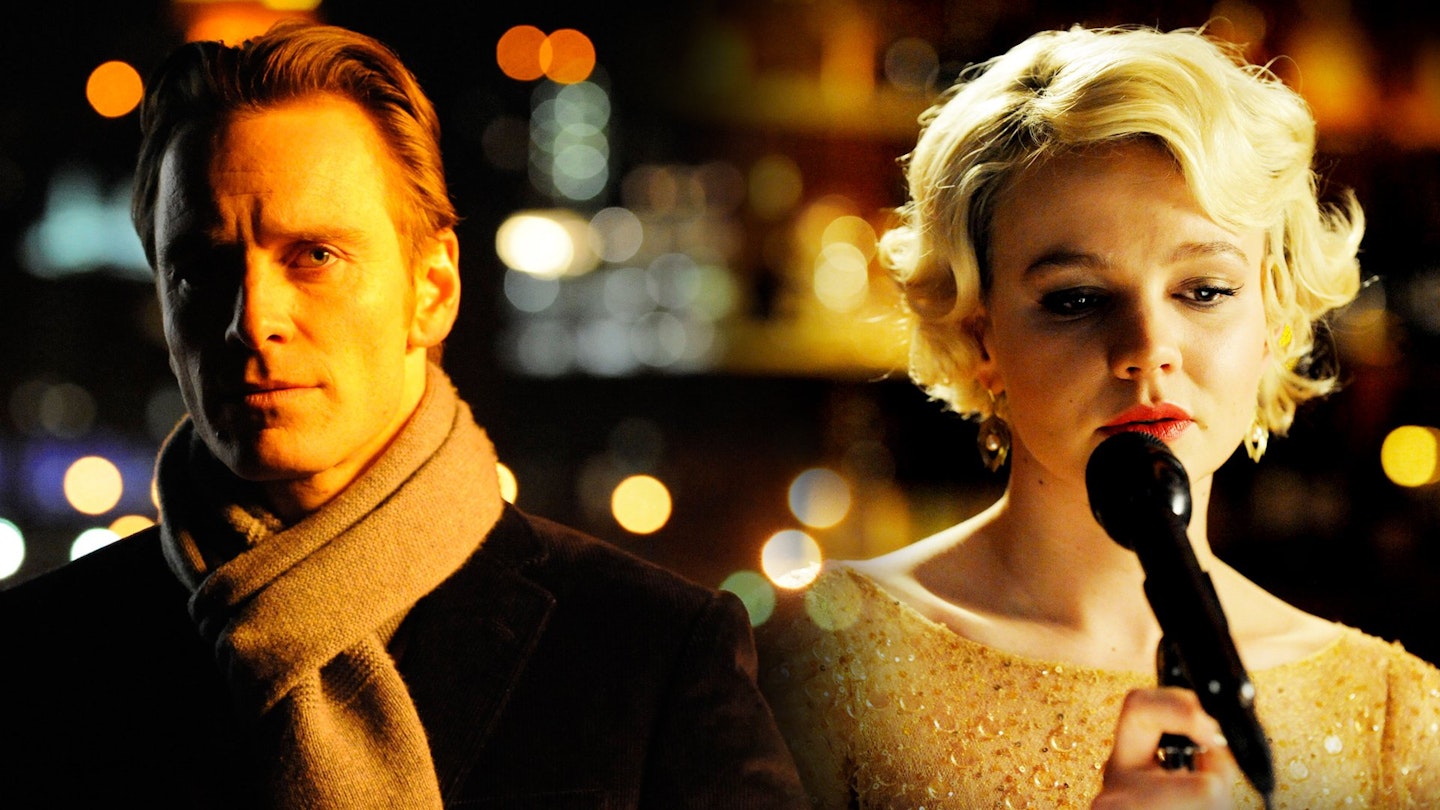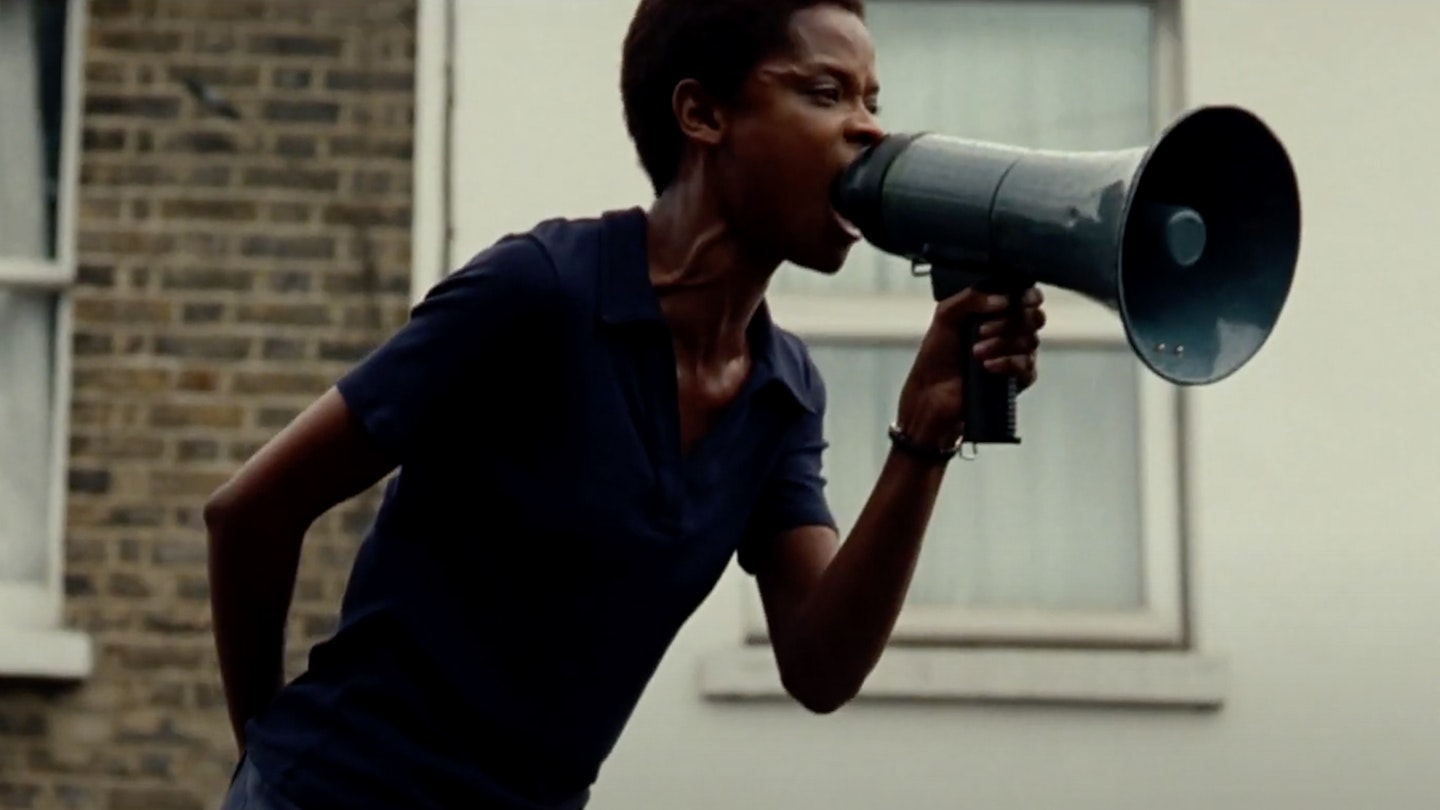A film about sex addiction from the team that made the IRA strike drama Hunger was never likely to be a frothy, titillating romp, and the film Steve McQueen has made — co-written with playwright Abi Morgan — is every bit as intellectually austere as one might imagine. It is also recognisably from the same well; though it is set in the modern day, takes place in the US and is seemingly not in the least bit political, it is a film about free will and the age-old battle between body and soul. In Hunger, Bobby Sands’ soul won that battle, but Brandon in Shame is not so fortunate: he thinks he’s a hedonist when in fact he’s a slave, both to his body and its desperate, physical need for contact.
The film even begins as a horror film might, with an ominous orchestral score and Brandon on the subway, making eye contact with the woman opposite. First he smiles, and she smiles back, but his gaze never drops and she becomes nervous. Flirtation becomes pursuit, with Brandon’s eyes narrowing, the smile losing its good humour, the body language turning predatory as the woman, now flustered, leaves, trying to lose him in the crowd. She does, and the whole film is here in microcosm: when he realises he’s lost her, Brandon’s bravado melts into child-like disappointment. What will he do now? From the start, the mask is slipping.
For a character study of such depth and intimacy, it helps to have a leading man who can rise to the challenge, and fortunately Shame’s intellectual rigours are leavened by a tour de force performance by the mighty Michael Fassbender. He gives Brandon depth and humanity; this is not, strictly speaking, a simple male-ego-in-crisis movie, even though it does play as a slightly more complex reworking of Alfie. Played by Fassbender, Brandon is a regular guy, albeit someone who keeps his mental wounds hidden from the world and maintains an admirable regime of denial.
That we can understand and believe in Brandon as a man on the verge of unravelling comes down to another remarkable performance, by Carey Mulligan as Sissy. It’s too small a role for her by far, but she works wonders with what she has. Seeing Sissy — theatrical, flaky, self-harming and self-
sabotaging — sets Brandon’s mind reeling. Are they the same? Deep down, he decides, they are, which is a realisation that is key to the eye-popping last act. It is not, however, a film without humour and warmth, provided respectively and in equal measure by James Badge Dale as Brandon’s boss and Nicole Beharie as his secretary, and it is these supporting players that give Shame its potency. The film lurches fatally into melodrama in its closing minutes, but although it adds a grim, moralistic aftertaste, it isn’t enough to derail an unflinching, moving study of 21st-century loneliness.




